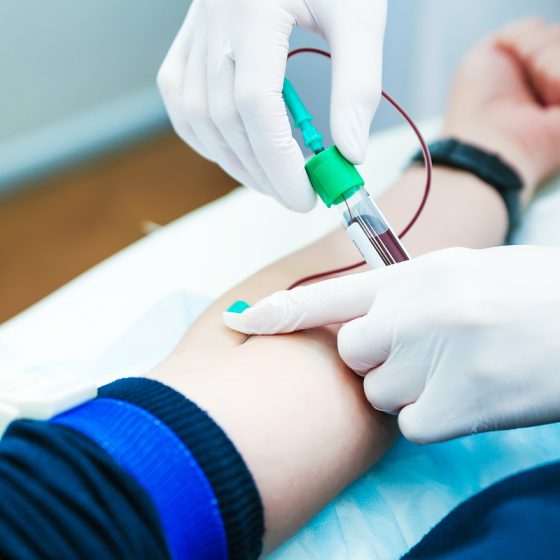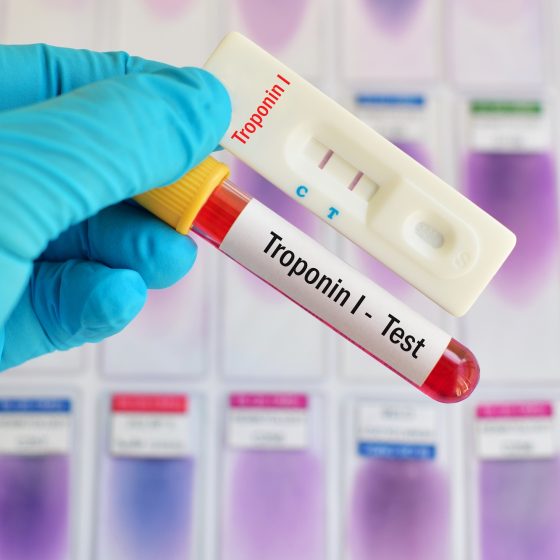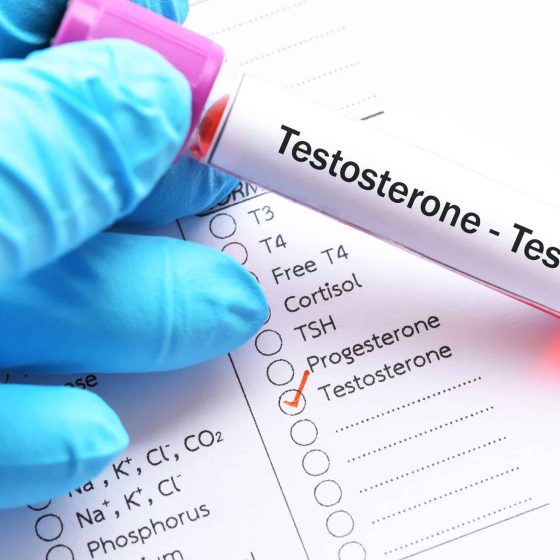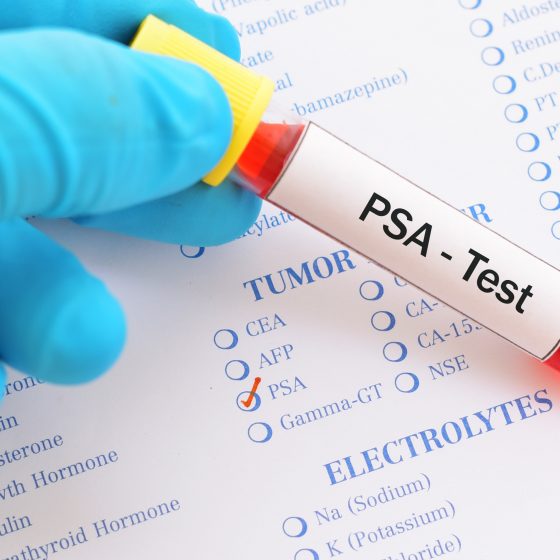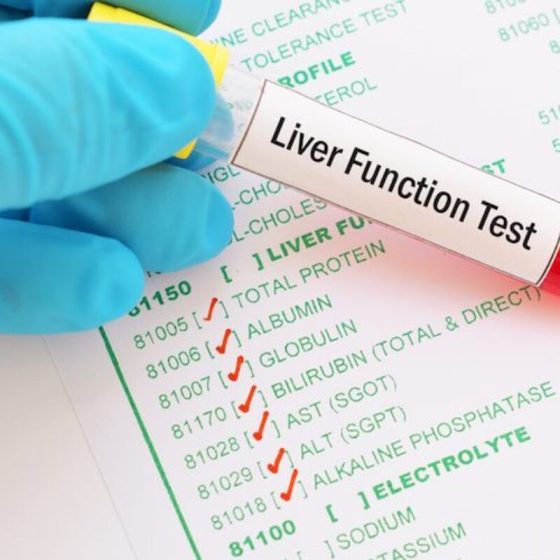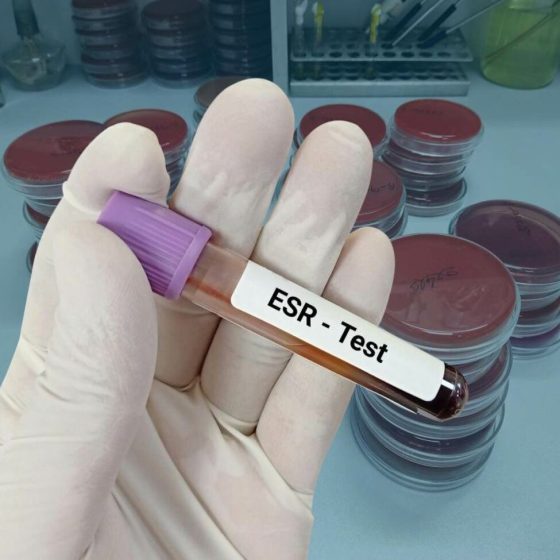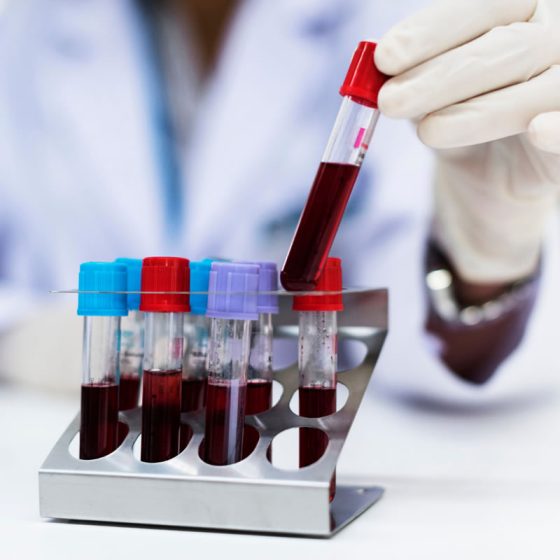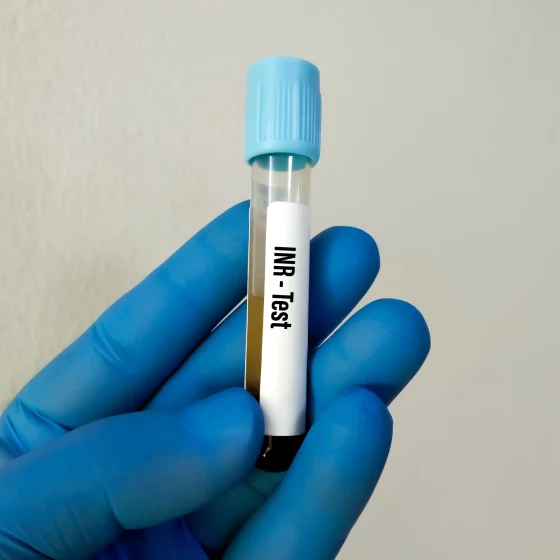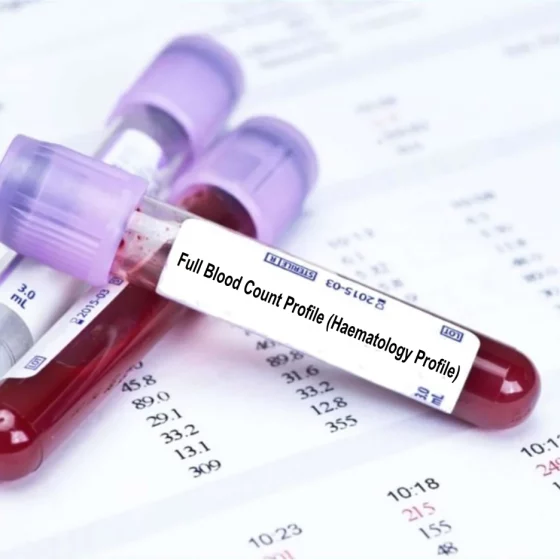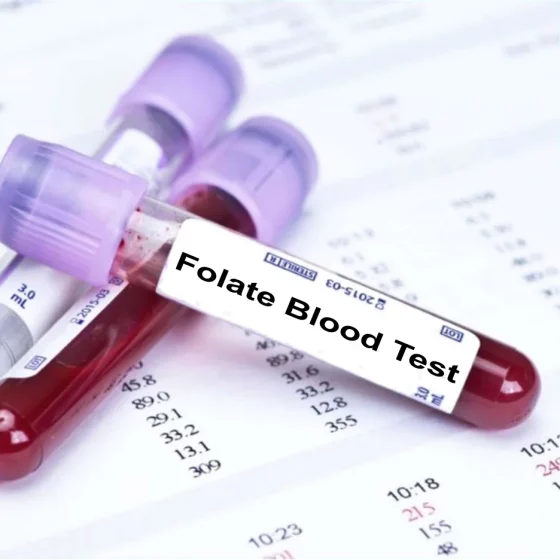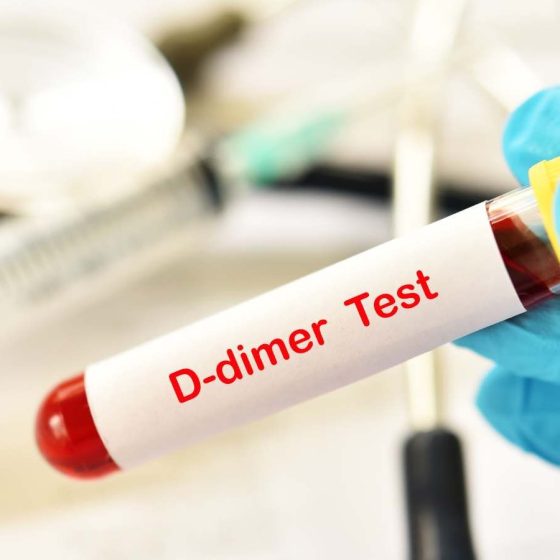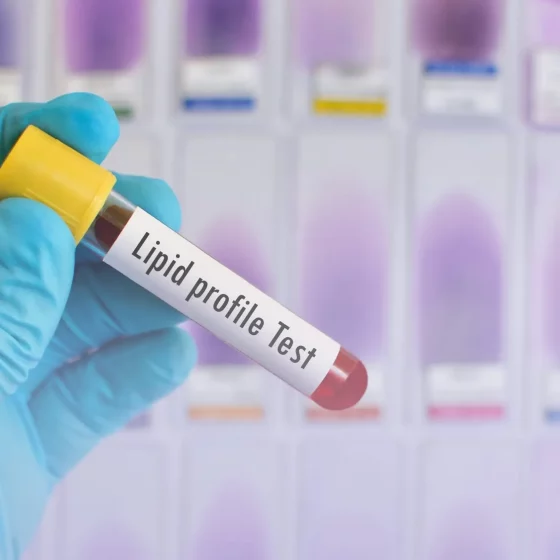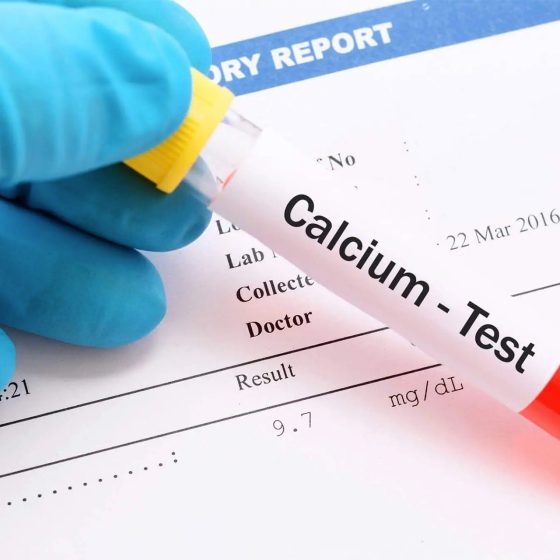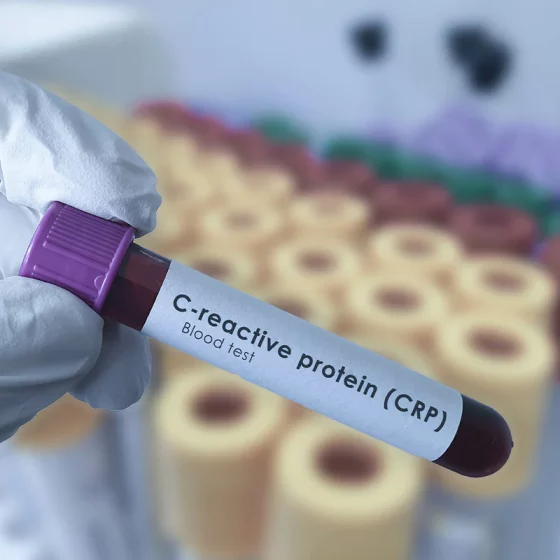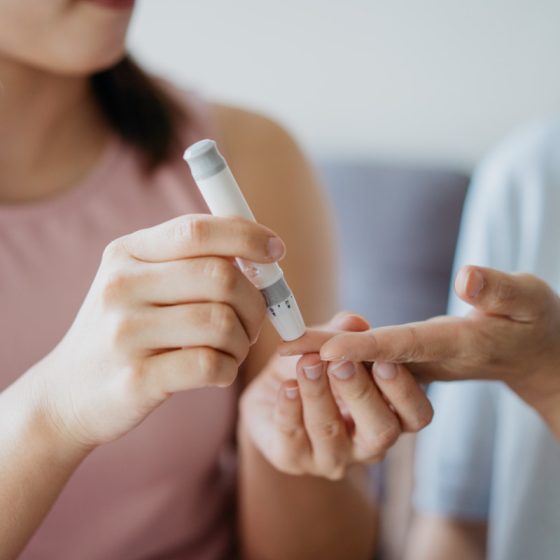Blood tests for cancers
Blood tests can: check your general health, including how well your liver and kidneys are working check numbers of blood cells help diagnose cancer and other conditions Your blood sample is sent to the laboratory for analysis. This shows the different types of cells, chemicals and proteins in the blood. Preparing for your blood tests You can eat and drink normally before most blood tests. For fasting blood tests you need to stop eating and drinking beforehand. Your doctor will tell you for how long. What happens? You sit or lie down to have the test. A doctor, nurse or phlebotomist (person

